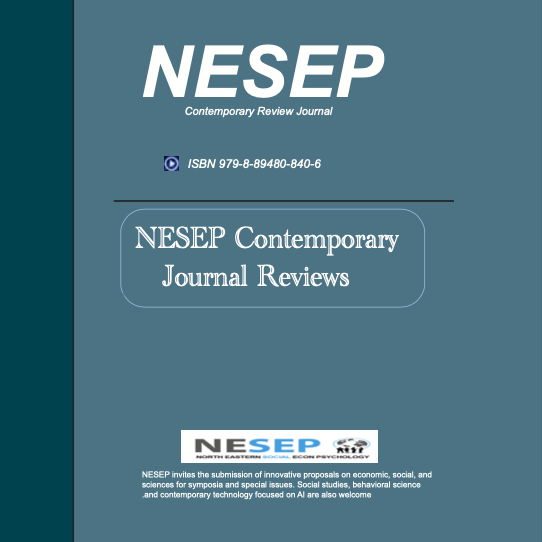Accepted Articles
We congratulate you on acceptance of your manuscript.

Annual Expo by the Journal of Young Explorers Meta and NESEP
- Fundamental or applied research
- Interdisciplinary research
- Judging on a rolling basis
- A work-in-progress research
- Completed research
- Unlimited topics and ideas
- ISBN 979-8-89480-840-6
- NESEP/NY-CSEF event at Harvard Club in NYC
The Divine Theory of Morality: Socrates’ Arguments from His Conversation with Euthyphro and Their Flaws
Abstract: Socrates finds a way to denounce every single explanation that Euthyphro gives in attempting to define what piety is. Euthyphro starts out by providing an example of an action that is pious, and Socrates responds saying that he asked for a definition, not an example. To Euthyphro’s definition that something is holy because the gods agree that it is, Socrates argues that gods do not agree on everything, especially moral actions, because it is not physically measurable. Socrates’ asks the infamous question of “do the gods love piety because it is pious, or is it pious because the gods love it?” which Euthyphro is unable to answer. However, there could have been some points and arguments that Euthyphro could have made in order to corroborate his arguments and even debunk some of Socrates’ points.
Keywords: ethics, morality, piety, Socrates and Euthyphro
Introduction: Philosophers and theorists have been debating for centuries on the definition of what makes an action good and righteous. Plato’s Euthyphro underscores the debate between Euthyphro and Socrates on the definition of piety in 399 BCE. Euthyphro believes that he knows everything about piety and the good. Despite his confidence, Socrates ends up proving to Euthyphro that his definition is inaccurate [1]. This dialogue between Euthyphro and Socrates gives a glimpse of the divine command theory, which states that the right thing is what God commands and that what is wrong is that God forbids. This theory ties together morality and religion and further provides a solution to ideas such as objectivity of ethics and moral relativism, because it suggests that morality is determined by the divine and therefore out of our own control. Socrates’ points in this dialogue, however, suggest that the relationship between morality and religion may not be that straightforward as it was believed [2]. Euthyphro is confident that he knows what is holy and unholy. In the beginning of the dialogue, Socrates ponders on the definition of piety as he reveals he has been indicted for corrupting the young by “inventing strange gods, while failing to recognize the gods of old” [3]. Further background information is provided when Euthyphro states that he is prosecuting his own father for murder. His relatives are upset because it is “unholy for a son to prosecute his father for murder” and scoffs at their opinions, saying, “Little do they know… of religious law about what is holy and unholy” [3]. Euthyphro suggests that he understands the holiness under the religious context better than everyone else.
References
[1] https://www.thoughtco.com/platos-euthyphro-2670341
[2] https://ma.tt/2003/02/divine-command-theory-and-the-euthyphro-argument/
[3] Plato, Euthyphro
-
Please email paper@jyem.org the summarized paper.
- Please email info@jyem.org for the full article.